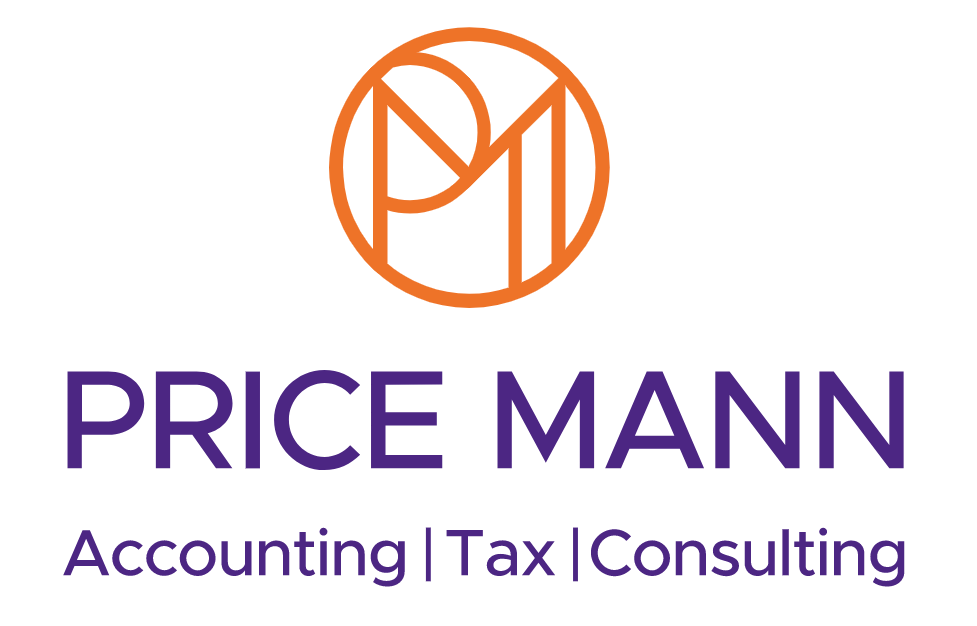Business Update: March 2024
Business Update: March 2024
HMRC clamps down on undeclared dividend earnings
Starting on 4 February 2024, HMRC is writing to company owners regarding the potential under declaration of dividend income.
The correspondence is prompted by a decrease in company reserves despite reported profits, hinting at undisclosed dividend payouts.
Recipients are urged to acknowledge the letter by either disclosing any unreported dividend income or confirming no additional income exists. For those with undeclared income, HMRC recommends utilising an online disclosure facility.
The process involves registering, receiving a payment reference number (PRN) by mail, and using the same online platform to settle dues, encompassing interest and penalties, within 90 days of receiving the PRN.
The letter does not mention alternative reporting avenues like the contractual disclosure facility, which is more suitable for instances of tax fraud. If recipients assert that they have no additional income, they can communicate this to HMRC via the provided telephone number or email.
Failure to respond may lead to HMRC initiating a compliance check, potentially resulting in heightened penalties. This outreach once again reiterates the importance of prompt and accurate income reporting.
Get in touch about your personal tax obligations.
‘Help to Grow’ campaign and small business council to aid SMEs
The Government has committed to supporting 5.5 million small businesses by updating its Help to Grow campaign and introducing a new Small Business Council next month.
Building upon existing initiatives, the council will create a platform for SME leaders nationwide to actively engage with the Government.
With small businesses constituting 99.9% of all UK enterprises, employing 27m people, and generating £4.5 trillion in annual turnover, the Government designates 2024 as “the year of the SME”.
The Help to Grow campaign and website have been updated to serve as a comprehensive resource hub for SMEs. A notable addition is the Help to Grow management scheme, a 12-week intensive program enhancing SME leadership skills. This initiative, which is 90% subsidised by the Government, has already been utilised by nearly 8,000 businesses, aiming to support up to 30,000 throughout its duration.
Business and Trade Secretary, Kemi Badenoch, said:
“Small businesses are the lifeblood of our local communities and drive the UK’s economy, supporting jobs and wages across the country. This new council will mean SMEs have a clear voice at the table and we can deliver on the key needs for business.”
Talk to us about your small business.
‘Limited tax cut options in budget’, says Chancellor
Chancellor Jeremy Hunt has said that there is little scope for further tax cuts in the Spring Budget.
In last year’s Autumn Statement, the Chancellor announced various tax breaks, including a cut to the main rate of National Insurance from 12% to 10%. In January, he suggested that he intended to reduce taxes in the upcoming Spring Budget.
Furthermore, while addressing the annual World Economic Forum in Davos, Switzerland, he highlighted that nations with lower tax rates experience more “dynamic, faster-growing economies”.
However, reports from The Times state that during a recent cabinet meeting, Hunt acknowledged “major structural weaknesses” in the economy, citing low productivity as the primary cause. This casts more doubt on the possibility of significant tax cuts in the upcoming Spring Budget on 6 March.
Speaking on the BBC’s Political Thinking podcast, the Chancellor said:
“It doesn’t look to me like we will have the same scope for cutting taxes in the Spring Budget that we had in the Autumn Statement. But we also want to be clear that the direction of travel we want to go in is to lighten the tax burden.”
In response to the reports, Mr Hunt mentioned that he is awaiting the “final numbers” from the independent Office for Budget Responsibility (OBR) which guides the Government’s budgeting decisions.
Despite the tax burden reaching a record high, further tax cuts may be improbable. The Institute for Fiscal Studies (IFS) recently highlighted the need for the next Government to secure an additional £20 billion to sustain current spending levels.
Contact us about your tax liabilities.
House prices begin to fall at a slower rate
House price declines are gradually easing as sales volumes increase across the UK. In October 2023, prices dropped by -1.4%, slowing to -0.8% by December.
The East of England (-2.5%) and the South West of England (-2.2%) experienced the most significant declines in 2023. In contrast, house prices in Northern Ireland increased by 3.2%. Despite this, higher mortgage rates are expected to persist, influencing house prices throughout 2024.
Data indicates that sellers are consistently reducing asking prices to attract buyer attention. More than 20% of sellers are now agreeing to discounts exceeding 10% of the initial asking price, and this figure rises to 25% in London and the South East of England.
Prices have stalled for various reasons, including:
- tax alterations restricted property acquisition by investors and international buyers
- the Brexit vote impacted job growth • the pandemic closed cities which altered work patterns
- elevated mortgage rates disproportionately affected pricier housing markets.
- It is unlikely that mortgage rates will fall significantly in the near future, staying within the 4% to 5% range.
Interestingly, Nationwide’s January index found that the average house price had increased by 0.7% during the month, a significant turnaround from the December figures.
Talk to us about your property finances.













